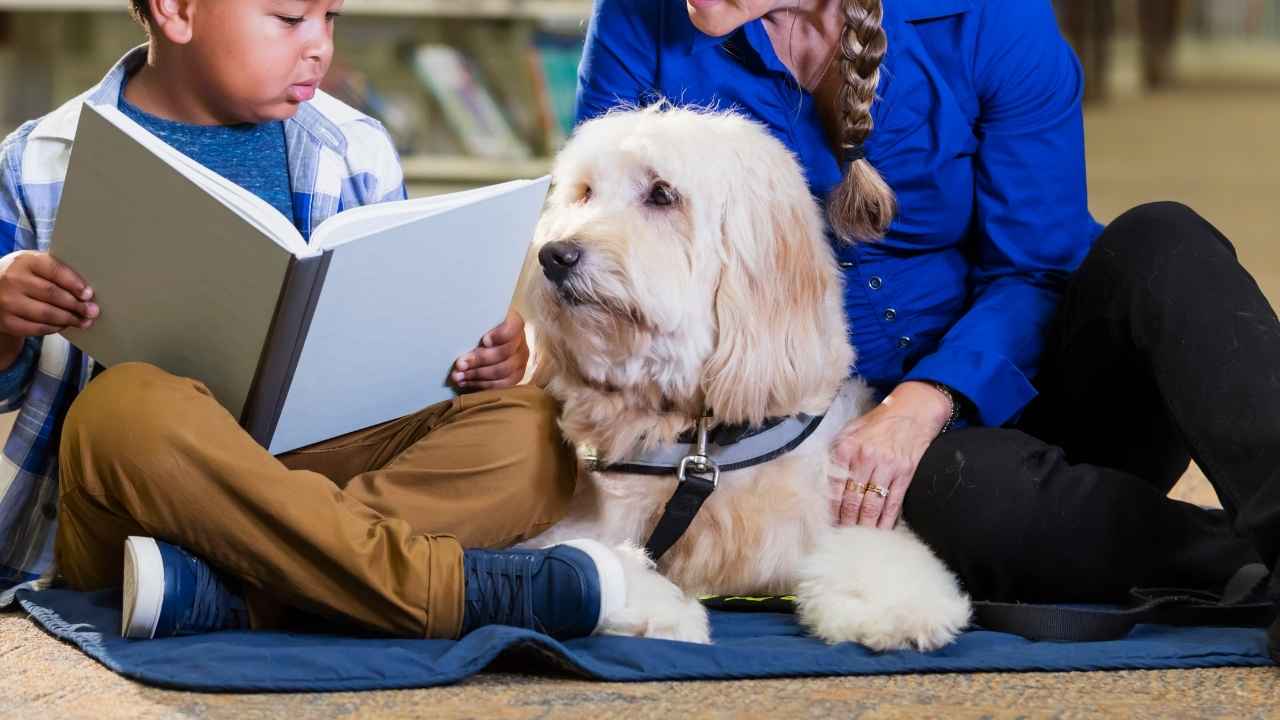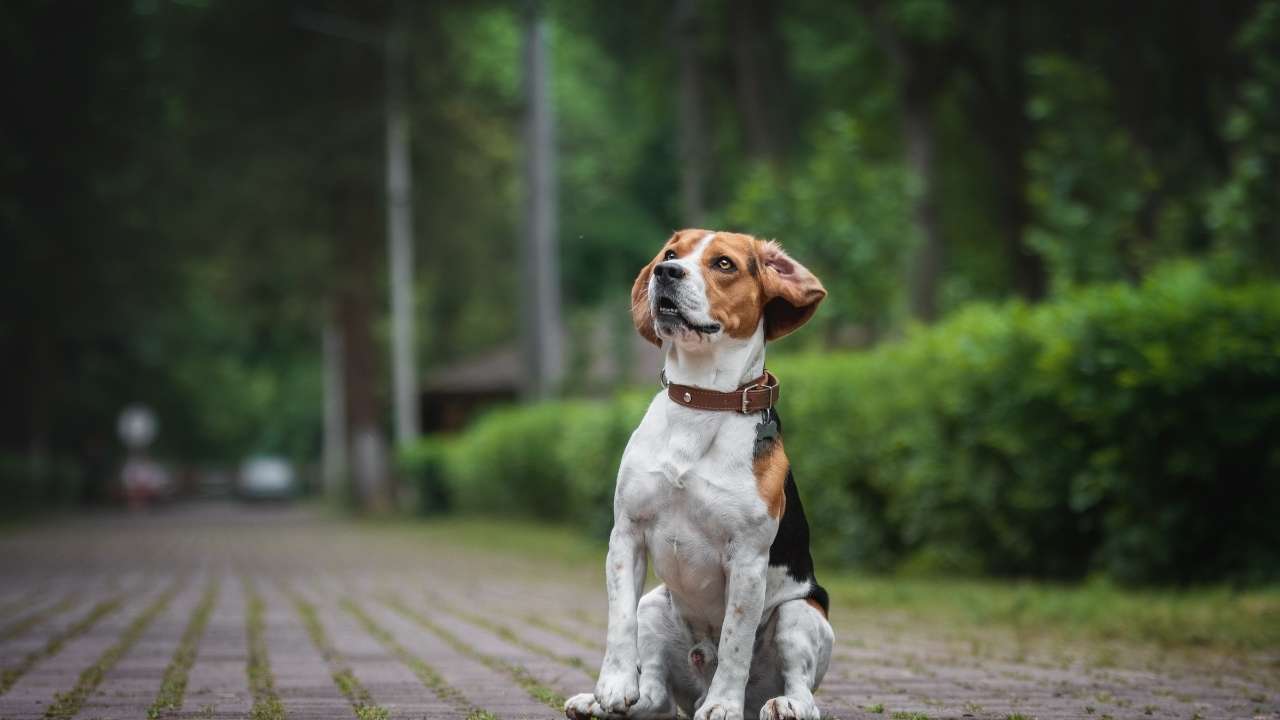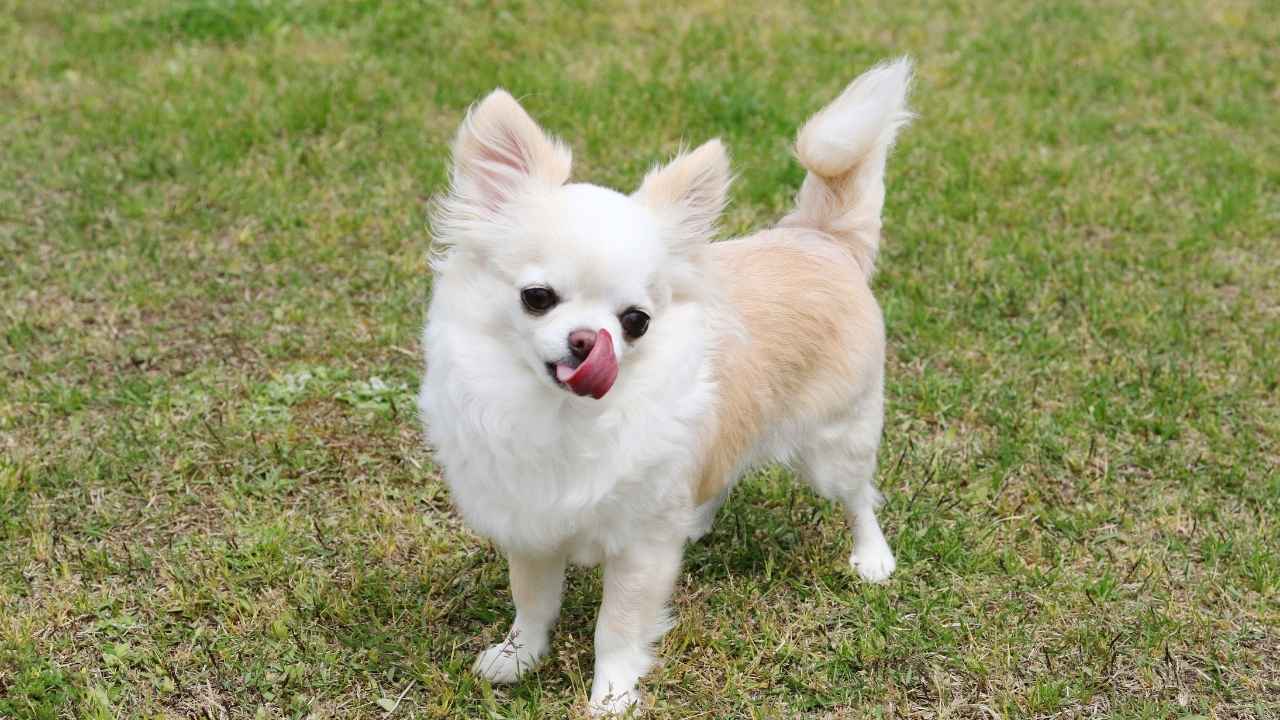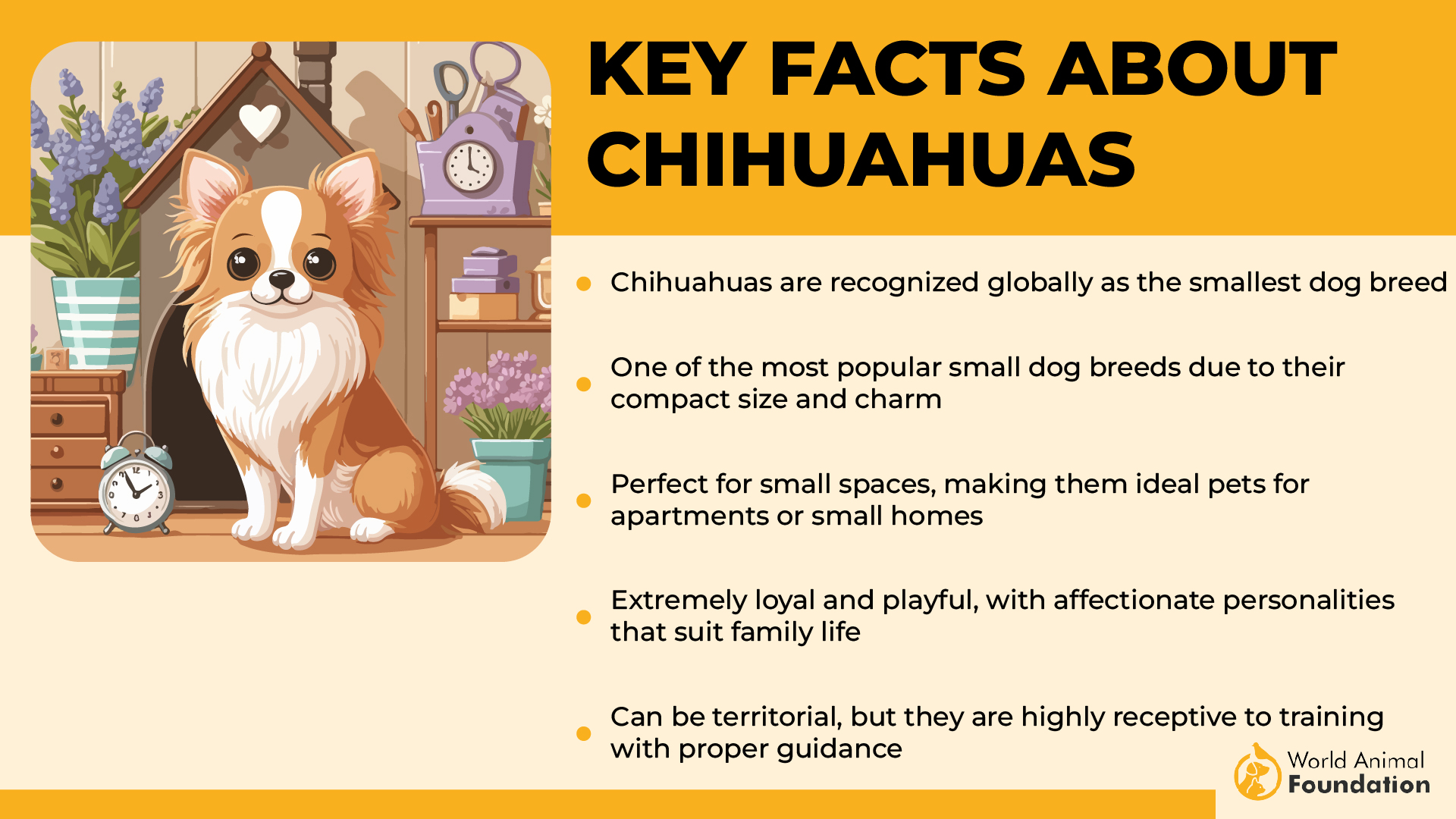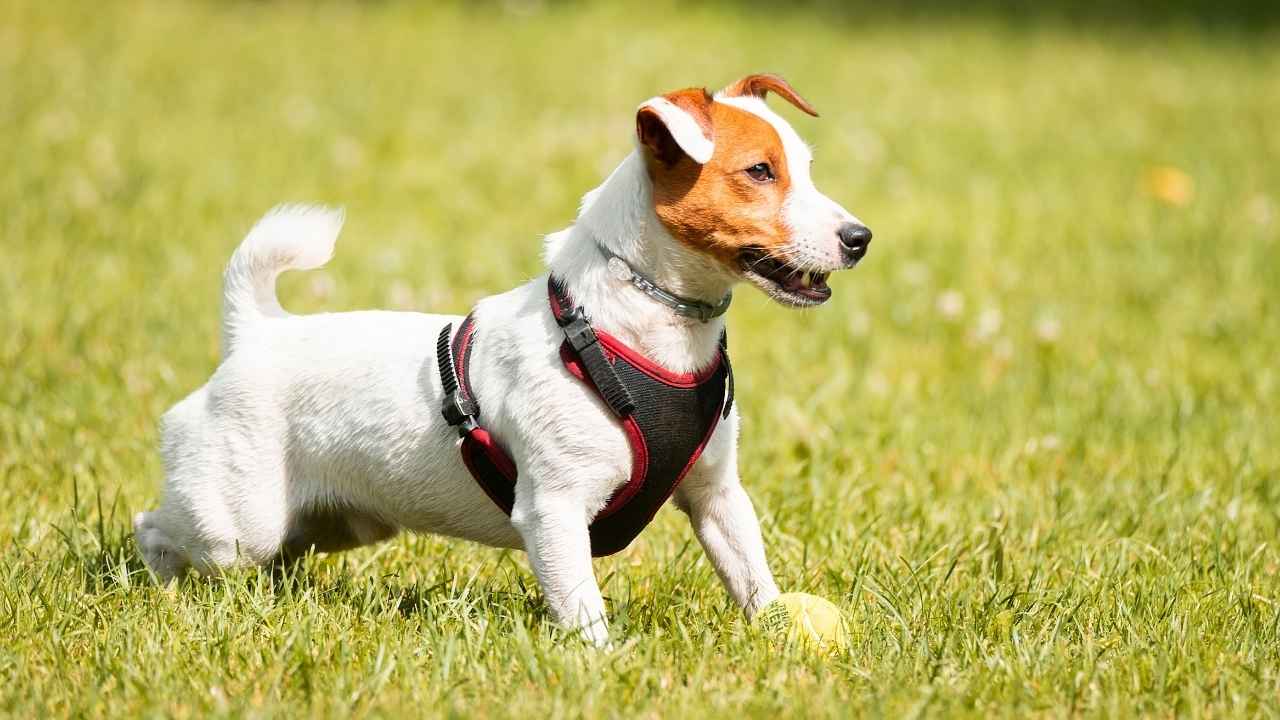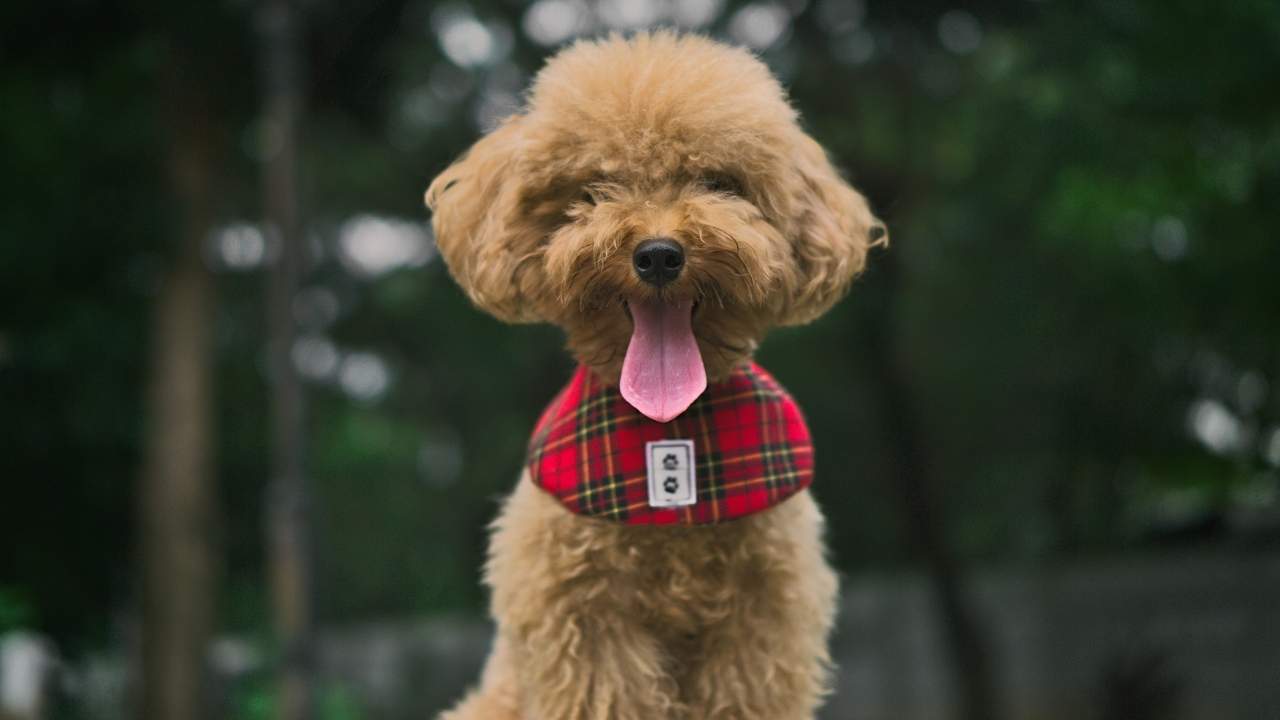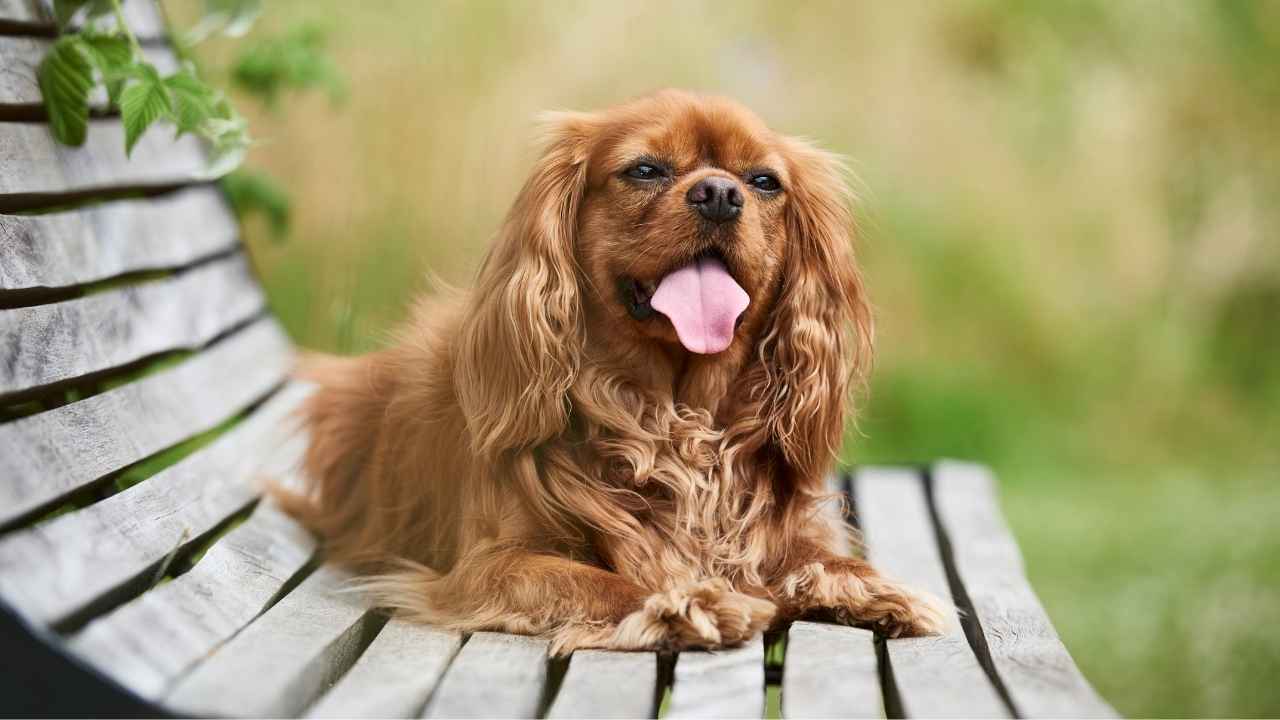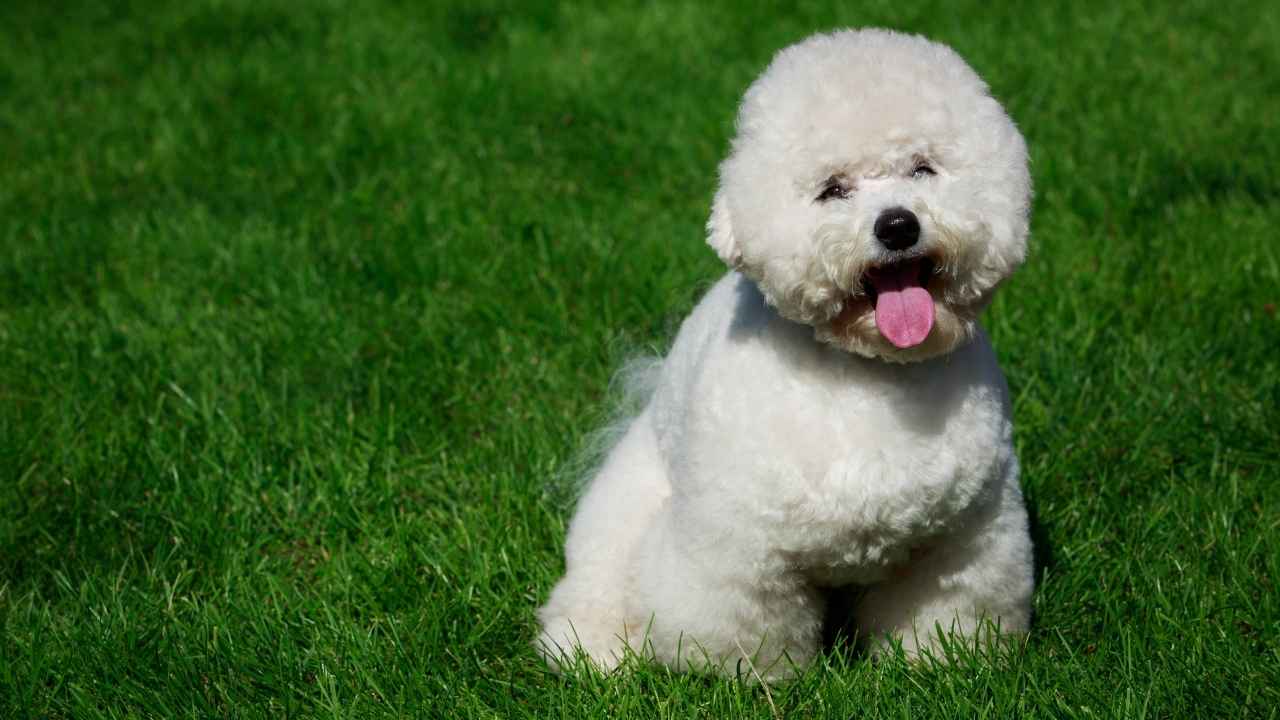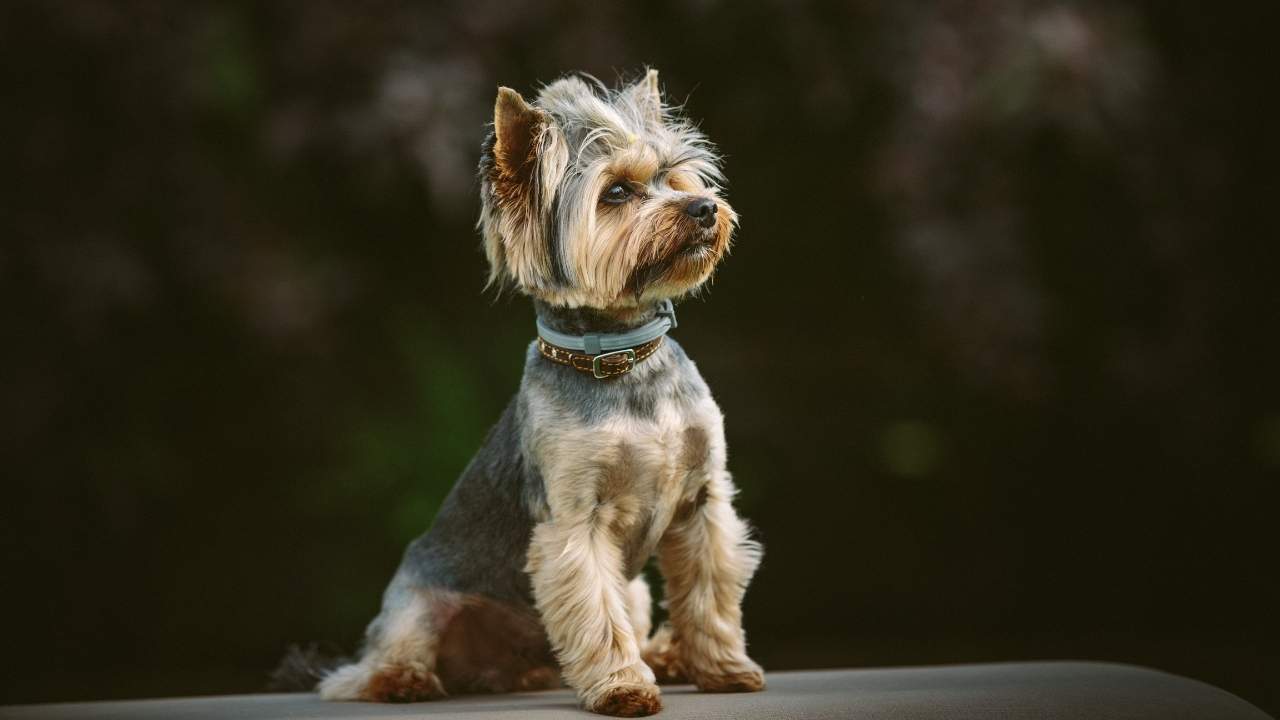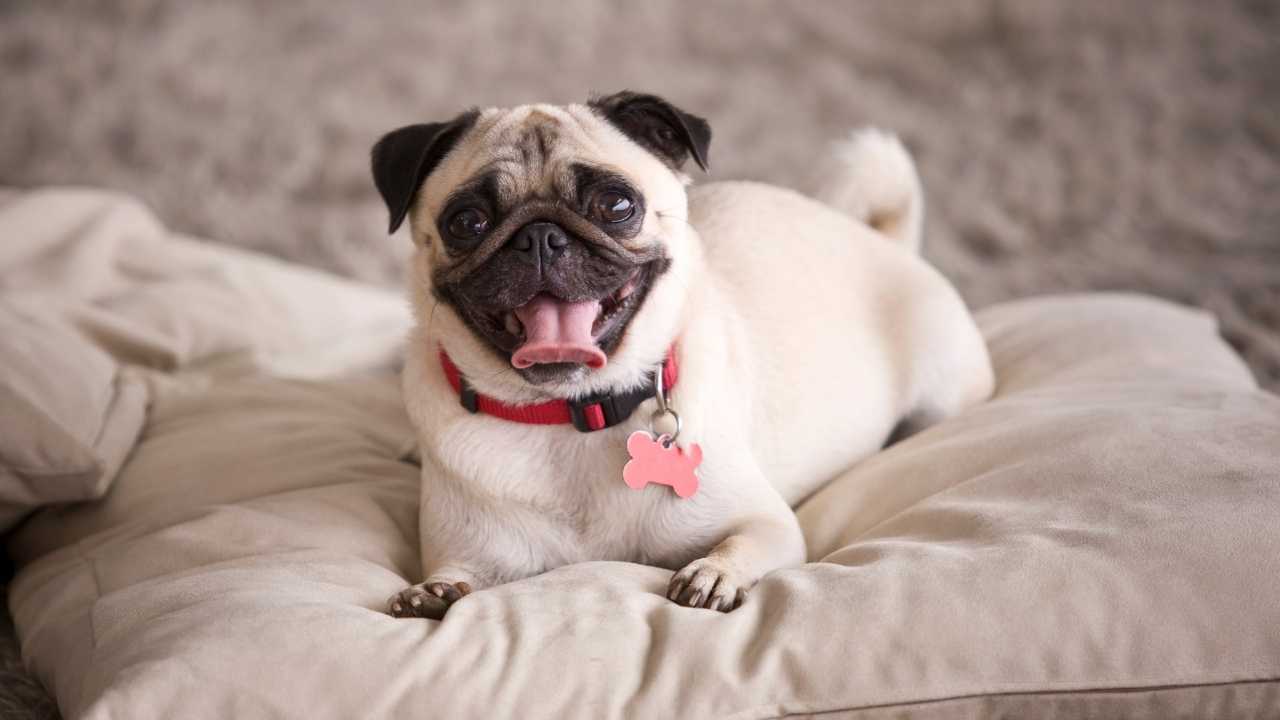In an increasingly fast-paced world, the need for emotional support and companionship has never been greater. Enter the world of therapy dogs—small in size but mighty in heart. These petite powerhouses offer unparalleled affection and emotional stability, transforming lives with their gentle presence. Ideal for those seeking comfort, these compact canines are expertly attuned to human emotions. From the charming Pomeranian to the affectionate Cavalier King Charles Spaniel, discover nine small dog breeds that excel in providing emotional support and brighten even the gloomiest of days with their wagging tails and loving eyes.
Dogs are more than just pets—they’re tiny bundles of joy, always ready to brighten our days with their wagging tails and loving natures. For many people, these little companions offer more than just affection—they bring comfort, healing, and a sense of peace, especially when life feels overwhelming.
When it comes to therapy work, smaller dogs hold a special place. Their size makes them easy to cuddle and transport, whether they’re visiting hospitals, schools, or care homes. But it takes more than just being adorable to be a great therapy dog. The best therapy dogs have calm temperaments, are well-behaved, and know how to connect with people in a meaningful way.
In this guide, we’ll explore the unique role of small therapy dogs, the qualities that make them perfect for the job, and which breeds excel at this important work.
What Are Therapy Dogs?
Therapy dogs play a special role in bringing comfort and joy to people in need. The concept, which began in 1976 thanks to registered nurse Elaine Smith, started with her observation of how a chaplain and her Golden Retriever uplifted hospital patients.
Inspired, Smith created a small volunteer program that allowed dogs and their owners to visit patients and brighten their days—a movement that has since grown significantly.
When you hear the term “therapy dog,” you might picture highly trained animals performing complex tasks, but their mission is refreshingly simple. These dogs provide emotional support, companionship, and a calming presence to people in tough situations. Just petting a dog has been shown to lower stress levels and bring a sense of peace—a testament to the unique bond between humans and dogs.
Traits of a Good Therapy Dog
Before diving into specific breeds, it’s important to know the traits that make a great therapy dog:
-
Calm Temperament: A good therapy dog stays patient and composed, even in noisy, busy environments or when meeting people in different emotional states.
-
Friendly Nature: A kind, non-aggressive personality is essential. A wagging tail and warm demeanor can work wonders in lifting someone’s spirits.
-
Trainability: These dogs need to learn and follow commands well, so being smart and eager to please is a big plus.
-
Love for People: Therapy dogs should genuinely enjoy being around people, welcoming cuddles, and interacting with people of all ages. Their work should make them happy too!
Steps to Train a Dog as a Therapy Dog
While a naturally calm and friendly personality is a great start, becoming a therapy dog requires proper training and evaluation to prepare them for the role. Here’s how the process typically works:
-
Basic Obedience: Every therapy dog needs a strong foundation in basic manners and obedience. Many programs require passing the American Kennel Club’s Canine Good Citizen (CGC) test, which proves the dog is well-behaved and under control.
-
Therapy Dog Training: Specialized training helps prepare dogs for unique therapy situations. This might involve staying calm in busy or noisy settings, navigating around medical equipment, and being comfortable with touch from people of all ages.
-
Evaluation: Therapy dog organizations conduct thorough evaluations to ensure the dog is suitable for this work. These tests check their behavior, response to strangers, and how they handle different environments.
-
Certification and Registration: Once training and evaluations are complete, the dog is certified as a therapy dog and registered with organizations like the Alliance of Therapy Dogs or Pet Partners, making them official and ready to spread comfort and joy.
Best Small Therapy Dogs
1. Beagle
Beagles, with their cheerful and outgoing personalities, make wonderful therapy dogs when given proper training. Known for their love of human interaction, these playful pups thrive in settings where they can spread joy and companionship. Whether it’s engaging with children in family homes or bringing smiles to residents in nursing homes, Beagles excel at making people feel loved and uplifted.
Compact yet sturdy, their friendly disposition makes them especially suited for therapy roles involving children, where their energetic and affectionate demeanor can brighten any day.
That said, Beagles are known for being both clever and a bit stubborn, so consistent training is essential to help them stay focused during therapy sessions. With the right guidance, PetPlan notes that they can channel their curiosity into positive, well-mannered behavior, making them dependable therapy partners.
Grooming a Beagle is refreshingly low-maintenance. Their short, waterproof coat is easy to care for, needing just a weekly brushing to keep it clean and healthy.
2. Chihuahua
Chihuahuas may be small in size, but they have big hearts and are surprisingly well-suited for therapy work. Their adorable looks and charming personalities make them instant mood-lifters, helping to take people’s minds off their worries. These little pups are also incredibly intelligent and quick learners, making them easy to train for therapy tasks.
One of the Chihuahua’s best traits is their love for being close to their humans. They thrive on affection and form deep bonds with their owners, which translates beautifully into therapy work. Their tiny size makes them perfect for cuddles and easy to hold, making them especially comforting in one-on-one interactions.
While they have a reputation for being protective and even a bit feisty at times, this only highlights their loyalty and desire to keep their loved ones safe. With proper training and socialization, they’re friendly and adaptable, ready to bring comfort wherever they go.
According to the Chihuahua Club of America, grooming is simple with Chihuahuas, whether they have a smooth or long coat. A quick brush regularly keeps them looking their best.
3. Jack Russell Terrier
Jack Russell Terriers are energetic, lively companions who thrive on being close to their owners, making them a wonderful choice for first-time dog owners. These spirited little pups love to run, jump, and play, needing at least an hour of exercise daily to keep them happy and healthy.
Their short, low-maintenance coats mean you won’t have to worry about excessive shedding, which is a bonus for busy households. Compact and highly trainable, Jack Russells are not just fun pets but also excellent candidates for service work. With the right training, they can assist individuals with visual or hearing impairments or even provide support for psychiatric conditions.
Their small size is another advantage, allowing them to navigate tight spaces and accompany their handlers almost anywhere. This adaptability, combined with their intelligence and eagerness to learn, makes Jack Russell Terriers fantastic service and therapy dogs, ready to bring energy, support, and companionship to those who need it most.
4. Toy Poodle
The Toy Poodle is a sweet and intelligent little companion, perfectly suited for therapy work. With their curly, hypoallergenic coats, they’re an excellent choice for people sensitive to pet fur, making them even more versatile in therapeutic settings.
Toy Poodles thrive on social interaction and enjoy being around people, making them natural at bringing comfort and joy to those they meet. Their intelligence and eagerness to learn allow them to pick up new tasks and tricks quickly, making them exceptional therapy dogs who can adapt to various needs and environments.
One thing to keep in mind with Toy Poodles is their grooming needs. Regular brushing helps prevent matting, while professional grooming every 4-6 weeks keeps their coat and skin healthy. A well-maintained coat ensures they’re comfortable and happy while they spread positivity and cheer.
5. Cavalier King Charles Spaniel
The Cavalier King Charles Spaniel, or CKC, is the epitome of a comforting and affectionate therapy dog. Known for their love of cuddles and snuggles, these sweet-natured pups are natural lap dogs who bring a sense of peace and warmth to anyone lucky enough to spend time with them. Their petite size and gentle demeanor make them a perfect companion for therapy work.
With their silky fur, round, expressive eyes, and long floppy ears, Cavaliers have an irresistible charm. They’re fantastic with children and get along well with other pets, including cats, making them adaptable to a variety of therapy settings. Their calming presence can ease anxiety and provide emotional support in high-stress situations, offering comfort through their peaceful and affectionate nature.
Cavaliers are not only loving but also sensitive to the emotions of those around them, a trait that makes them especially effective therapy dogs. Their friendly temperament allows them to connect with people of all ages, while their expressive eyes radiate a sense of understanding and reassurance. Although they crave attention, their gentle personality might sometimes make them a bit shy, so a supportive and patient environment is key.
6. Bichon Frise
The Bichon Frise is a wonderful choice as a therapy dog, thanks to their ideal size and affectionate personality. Small enough to carry but big enough to provide comfort, these cheerful little dogs are the perfect balance of cuddly and practical. Their adorable, toy-like appearance, combined with their playful yet loving nature, makes them instant mood-lifters in any setting.
With their gentle and friendly demeanor, Bichons excel in creating a calming atmosphere, whether they’re easing anxiety or simply spreading joy. They treat everyone like a friend—family, strangers, or anyone in between—making them particularly effective in therapy roles. Their patience and spirited personality make them fantastic companions for children, while their endless cheer can brighten even the toughest days.
Highly intelligent and eager to please, Bichons are easy to train for various therapy tasks, making them versatile helpers in different environments. Another bonus? PetMD adds their low-shedding coat, which makes them a potential option for individuals with mild allergies, though it’s worth noting that no dog is entirely allergen-free.
7. Dachshund
The long-bodied, short-legged Dachshund is as adorable as it is loving, making it a wonderful choice for therapy work. These little companions thrive on being close to their handlers, whether it’s cuddling in their lap or joining them on a leisurely walk outdoors. Their affectionate nature and calm demeanor provide a comforting presence, especially for those in need of emotional support.
Dachshunds are particularly helpful for individuals with social anxiety, offering a grounding and soothing effect with just one look from their soulful, expressive eyes. With the right training, they can also excel as service dogs, using their intelligence and loyalty to assist in meaningful ways.
These lively pups are a mix of independence and affection. While their stubborn streak can surface at times, Dachshunds are incredibly devoted to their handlers, always staying close and ready to offer love and companionship.
8. Yorkshire Terrier
Yorkshire Terriers, or Yorkies, might be tiny, but they make a huge impact as therapy dogs. Their affectionate and loving nature allows them to connect deeply with people, offering comfort and emotional support wherever they go. This natural ability to soothe makes them an excellent choice for therapy work.
Though Yorkies are known for their bold and vocal personalities, they’re also highly intuitive. They have an impressive knack for sensing people’s emotions and reacting in ways that provide reassurance. This unique trait not only makes them wonderful companions but also allows them to alert others when something feels off—an invaluable quality in therapy settings.
Their small size is a big advantage, making them easy to handle and ideal for environments where space might be limited, such as hospitals or care facilities. Yorkies are adaptable and entertaining, bringing joy to those around them. Plus, their intelligence and eagerness to please make them easy to train for therapy tasks, enhancing their effectiveness in these roles.
AKC states maintaining a Yorkie’s coat is manageable for therapy work. A biweekly bath and regular brushing keep their coat in good shape, though those with longer, show-style coats may require more upkeep.
9. Pug
Known as the clowns of the dog world, Pugs are small bundles of joy guaranteed to bring a smile to anyone’s face. Originally bred as lap dogs, they take this job to heart, offering endless affection and comfort. With their smooshy faces, deep wrinkles, and big, expressive eyes, Pugs have a quirky charm that many find irresistibly endearing.
Pugs shine as therapy dogs thanks to their ability to listen—really listen. Talk to a Pug, and they’ll tilt their heads, perk up their floppy ears, and fix their boogie-eyed stare on you like you’re the most important person in the world. Their attentive and loving nature makes them a perfect companion for those who need emotional support.
They are especially effective therapy dogs for children with neurodevelopmental disorders. Pugs form strong bonds with kids, and their playful enthusiasm has a way of breaking through even the toughest moments, creating joy and connection wherever they go.
Grooming a Pug is straightforward but essential. Their short coats need regular bathing—anywhere from weekly to every six weeks, depending on their lifestyle—to keep their skin healthy and their wrinkles clean.
Conclusion
Small dog breeds are exceptional for therapy dog work, offering a combination of adaptability, a gentle nature, and a knack for forming deep bonds. While breeds like the Cavalier King Charles Spaniel and Dachshund are fantastic examples, many mixed breeds and even larger dogs, such as the Labrador Retriever or German Shepherds, also excel as assistance dogs. Each dog’s individual temperament plays a key role in their suitability for therapy, as some are naturally better suited to reduce anxiety and provide comfort through therapy dog visits or as psychiatric service dogs.
Whether you’re seeking a therapy dog for mental health support or an emotional support animal, the perfect breed is one that aligns with your lifestyle and needs. Some dogs are trained to perform specific tasks, while others shine in their ability to connect emotionally. From high-energy dogs requiring outdoor walks to those suited for a small apartment, every breed has unique strengths. With positive reinforcement and extensive training, these loyal companions—whether they’re gentle giants or small breed pups with a cheerful personality—can bring healing and happiness to anyone they meet.
In conclusion, small therapy dog breeds have a remarkable capacity to provide emotional support, thanks to their compact size, affectionate nature, and adaptability to various lifestyles. The presence of breeds like the Cavalier King Charles Spaniel, Pug, and Dachshund can bring immense comfort to those in need, alleviating stress and loneliness. Their easy-to-manage size and gentle dispositions make them ideal companions for therapy roles, whether in private homes or healthcare settings. Ultimately, these small but mighty companions play a significant role in enhancing emotional well-being, showcasing the profound bond between humans and dogs.

